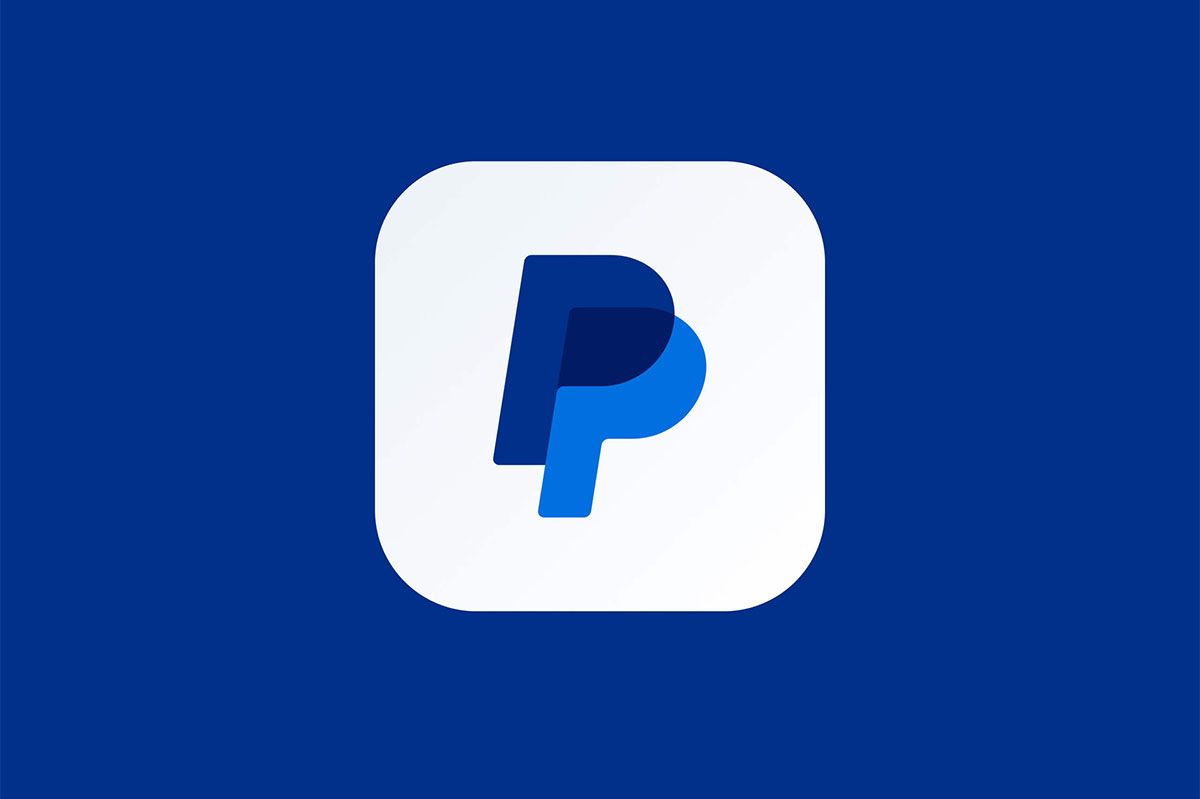In what looks like a move that will revolutionize the face of payments, PayPal and Adyen have agreed to an unprecedented partnership to create a new payment solution, named Fastlane, to afford better speed, security and flexibility in transactions.

The merger between the forces of these two giants in the field of financial technology is targeted at addressing some of the most serious issues that beset both merchants and consumers today. In a nutshell, as the payment industry continues to evolve, Fastlane is well-placed to make giant leaps in user experience and efficiency.
Fastlane was designed to simplify and speed up the transaction process, fitting seamlessly into many retail environments, both physical and online. Efficiency and ease of use are among its chief benefits, as Fastlane tackles some of the most pressing issues in state-of-the-art processing. As a result, Fastlane makes eight key improvements to the way payments are processed.
Firstly, it avails advanced transaction speed capabilities, reducing the time that a payment takes drastically. Recent data in 2024 indicates that Fastlane can process transactions faster than traditional payment systems by as much as 30%. This improvement is expected to boost customer satisfaction and, for e-commerce merchants, also reduce cart abandonment rates.
Secondly, Fastlane offers improved reliability and security features. It has strong fraud detection mechanisms and real-time transaction monitoring to protect against unauthorized access and fraudulent actions. All these security features are vital during the time when digital payments are particularly exposed to various types of cyber threats.
Moreover, Fastlane is also designed to be very adaptive, as it supports a wide variety of payment methods and currencies. This flexibility allows merchants to sell their products to customers all over the world, which could increase their visibility and potentially their sales.
The introduction of Fastlane will considerably impact the growth of e-commerce and retail businesses as a whole. For the e-commerce business, the increased speed and safety coming from Fastlane will translate to a faster checkout process, which is crucial in a competitive online environment.
From industry reports in 2024, it has been learned that faster payment processing can reduce cart abandonment by up to 20%, thereby boosting online sales.
Fastlane’s ability to integrate with different point-of-sale systems means that it can be deployed in both physical and online stores. Retailers using Fastlane can offer a smoother and faster checkout, which will increase customer satisfaction and loyalty. Physical stores can deploy Fastlane at checkout counters to reduce waiting times, while online retailers can streamline the payment process to provide quicker transactions.
Technological innovations drive the development of Fastlane. The inclusion of AI and ML enables the optimization of transaction processing, as these technologies allow Fastlane to analyze transaction patterns for the prediction of considerations that may signal an imminent problem, thus making it all smoother and more reliable.
Moreover, Fastlane integrates blockchain technology to make its transaction cycle more transparent and secure. The immutable ledger used by blockchain ensures no tampering with transactional records, which significantly reduces fraud or disputes.
Other new features include the use of biometric authentication along with Fastlane. It uses facial and fingerprint authentication to provide a secure but more convenient way of authentication. This is especially relevant in a world where consumers are increasingly demanding convenience as well as security from their payment experiences.
Fastlane also incorporates biometric authentication. It uses facial and fingerprint recognition to provide a more secure and convenient way of authentication. This is particularly relevant in a world where consumers demand both convenience and security in their payment experiences.
Looking ahead, PayPal and Adyen have outlined future developments for Fastlane. These include expanding support for emerging payment technologies, such as digital wallets and cryptocurrencies, as they gain traction.
Additionally, further integration with e-commerce and retail management applications is planned, involving ongoing collaboration with software developers to ensure compatibility with a growing range of applications. This also shows PayPal and Adyen’s commitment to investing in research and development to further improve Fastlane’s performance and features.
In the broader perspective of PayPal developing integrations with different platforms, Fastlane presents the continuity of the company’s pledge for reliable and fast transactions across manifold industries. This capability extends to regulated sectors like online gambling, where a PayPal casino can provide players with a secure and efficient payment experience.
As such, Fastlane’s advanced features further enhance PayPal’s ability to maintain high standards of speed and security, even in environments with strict compliance requirements.
Overall, the launch of Fastlane, developed by PayPal in conjunction with Adyen, is one of the most important advances in payment technology to date. It is expected to have a big impact on e-commerce and retail, driving efficiency and customer satisfaction.
As Fastlane continues to evolve and further integrate with emergent technology, its function in the shaping of future payment processing landscapes is very likely to continue.









